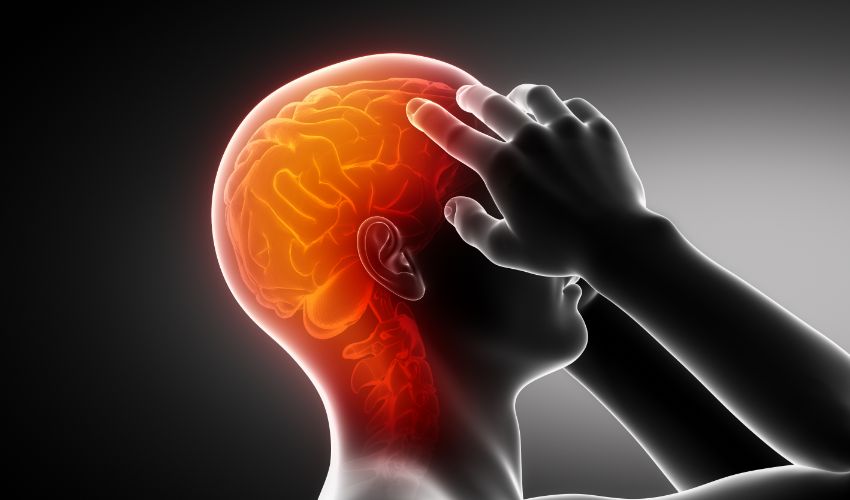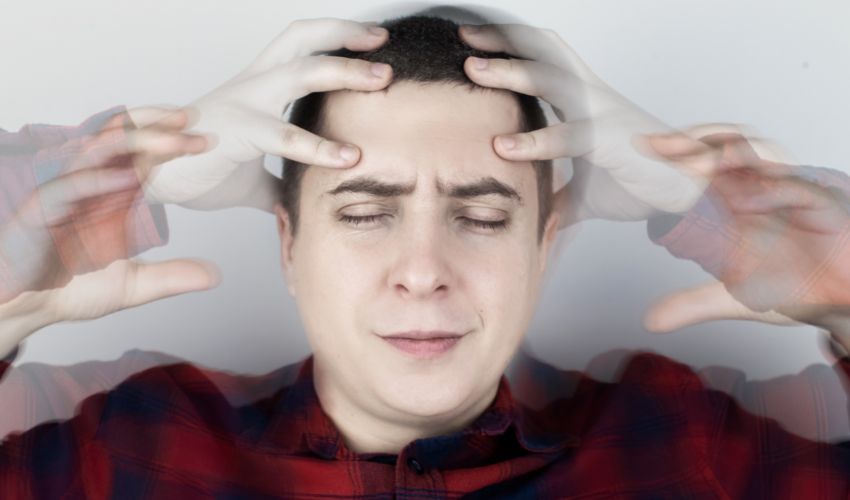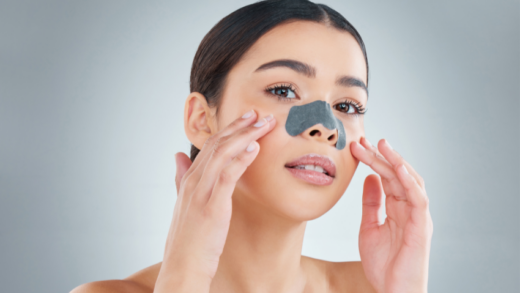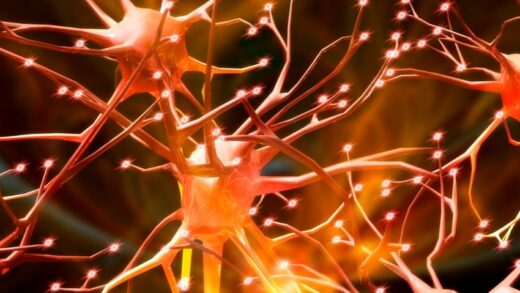Migraine headaches are a debilitating neurological condition that affects millions of people worldwide. These headaches are characterized by a severe throbbing or pulsating pain that usually occurs on one side of the head. The pain can last from several hours to several days, and is often accompanied by a range of other symptoms, including sensitivity to light and sound, nausea, vomiting, and dizziness.
Despite being a common condition, the exact causes of migraines are still not fully understood. However, there are several known triggers that can increase the risk of developing migraines, including stress, hormonal changes, certain foods and drinks, environmental factors, and genetics. It is important to identify and avoid these triggers to minimize the risk of migraines.
There are several treatment options available for migraines, ranging from over-the-counter pain medications to prescription medications and alternative therapies. Over-the-counter pain relievers, such as aspirin and ibuprofen, can be effective in relieving mild to moderate migraine pain. Prescription medications, such as triptans and ergotamines, are often used to treat more severe migraine pain. Alternative therapies, such as acupuncture, massage, and biofeedback, may also be helpful in managing migraine symptoms.
In addition to medication and alternative therapies, making lifestyle changes can also be an effective way to prevent migraines. This can include reducing stress, getting regular exercise, eating a healthy diet, avoiding trigger foods and drinks, and getting enough rest.
It is important to consult with a healthcare provider if you experience frequent or severe migraines, as they can develop into a chronic condition that can significantly impact your quality of life. Your healthcare provider can help you develop a personalized treatment plan that may include medication, lifestyle changes, and alternative therapies to effectively manage your migraine symptoms.
Causes of Migraine Headaches:
Migraine headaches can be caused by a variety of factors, including:
- Genetics: There is evidence to suggest that migraines can be hereditary, and that certain genes may increase the risk of developing this condition.
- Hormonal changes: Hormonal changes in women, such as those that occur during menstruation, pregnancy, or menopause, can trigger migraines.
- Environmental factors: Certain environmental factors, such as bright lights, loud noises, or strong smells, can trigger migraines in some people.
- Food and drink: Certain foods and drinks, such as chocolate, cheese, and alcohol, can trigger migraines in some people.
Symptoms of Migraine Headaches:
The symptoms of migraine headaches can vary from person to person, but generally include:
- Pulsating or throbbing pain on one side of the head.
- Sensitivity to light, sound, or smells.
- Nausea or vomiting.
- Blurred vision or visual disturbances.
- Fatigue or weakness.
- Dizziness or vertigo.

Treatment Options for Migraine Headaches:
There are several treatment options available for migraine headaches, including:
- Over-the-counter pain relievers: Medications such as aspirin, ibuprofen, or acetaminophen can help relieve mild to moderate migraine pain.
- Prescription medications: Triptans and ergotamines are prescription medications that can help relieve moderate to severe migraine pain.
- Lifestyle changes: Making changes to your lifestyle, such as reducing stress, getting regular exercise, and avoiding trigger foods, can help prevent migraines.
- Alternative therapies: Alternative therapies such as acupuncture, massage, and biofeedback may help relieve migraine pain in some people.
FAQs:
How long do migraine headaches last?
Migraine headaches can last anywhere from a few hours to several days.
Can migraines be cured?
While there is no cure for migraines, they can be managed with proper treatment and lifestyle changes.
Can stress trigger migraines?
Yes, stress is a common trigger for migraines in many people.
Can migraines be prevented?
Making lifestyle changes such as reducing stress, getting regular exercise, and avoiding trigger foods can help prevent migraines.
Can migraines be a symptom of a more serious condition?
While migraines are generally not a symptom of a more serious condition, it is important to consult with a healthcare professional if you experience frequent or severe migraines.

Conclusion:
Migraine headaches can be a debilitating condition that affects millions of people worldwide. While there is no cure for migraines, they can be managed with proper treatment and lifestyle changes. If you experience frequent or severe migraines, it is important to consult with a healthcare professional to develop an effective treatment plan. By understanding the causes, symptoms, and treatment options for migraine headaches, you can take steps to manage this condition and improve your quality of life. It is important to identify and avoid triggers, as well as to seek prompt medical attention if symptoms worsen or do not respond to treatment. With the right care, most people with migraines are able to manage their symptoms and lead fulfilling lives. If you are experiencing symptoms of migraine headaches, speak to your healthcare provider to determine the best course of action for your individual needs.






















